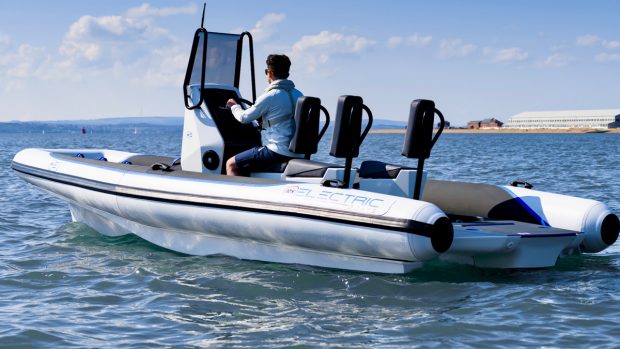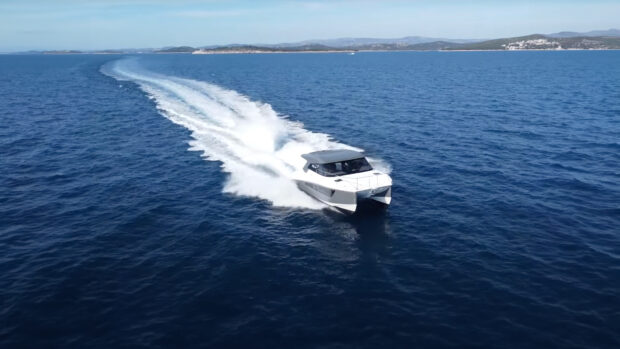Clogged filters and diesel bug are some of the problems boaters could face from next year
New fuel regulations mandated by the European Union are to come into force on January 1, 2011 that will see inland boaters filling up with virtually sulphur-free diesel, rather than the current diesel available to boaters that contains relatively high levels of sulphur.
The EU Directive states that all gas oil – red diesel – used in “non-road mobile machinery” and “inland waterway vessels and recreational craft when not at sea” will have to contain no more than 10 milligrams of sulphur per kilogram of fuel.
While this may seem fairly cut and dried, some classifications have popular boating areas like the Solent as inland waterways. Discussions are currently ongoing at the Department for Transport about which interpretation of ‘inland’ will count when the regulations come into force.
The exact make up of the diesel you use is important, because low-sulphur diesel has fewer lubricating qualities than standard red diesel and it is more susceptible to bacterial contamination. A further complication is that many fuel suppliers have indicated they will meet the regulations by supplying marinas with road fuel dyed red.
From the start of next year, road diesel may contain up to 7% biodiesel, which has water-attracting properties and is a better solvent than traditional gas oil, meaning more deposits in your fuel tank and a harder time for your engines.
Petrol-engined boats could face problems, too, as from January 1, petrol sold to boats may contain up to 10% ethanol, which can also lead to clogged filters and trouble for your machinery.
According to the British Marine Federation, which is consulting with the DfT over the fuel regulations, we should know by the end of November what exactly the government constitutes as inland and coastal.
The trade body said: “The BMF will continue to work on behalf of the industry and will update members as and when news emerges. There are a number of storage and compatibility issues with biofuel and the BMF will work with members over the coming months to help them adjust to these new requirements.”








